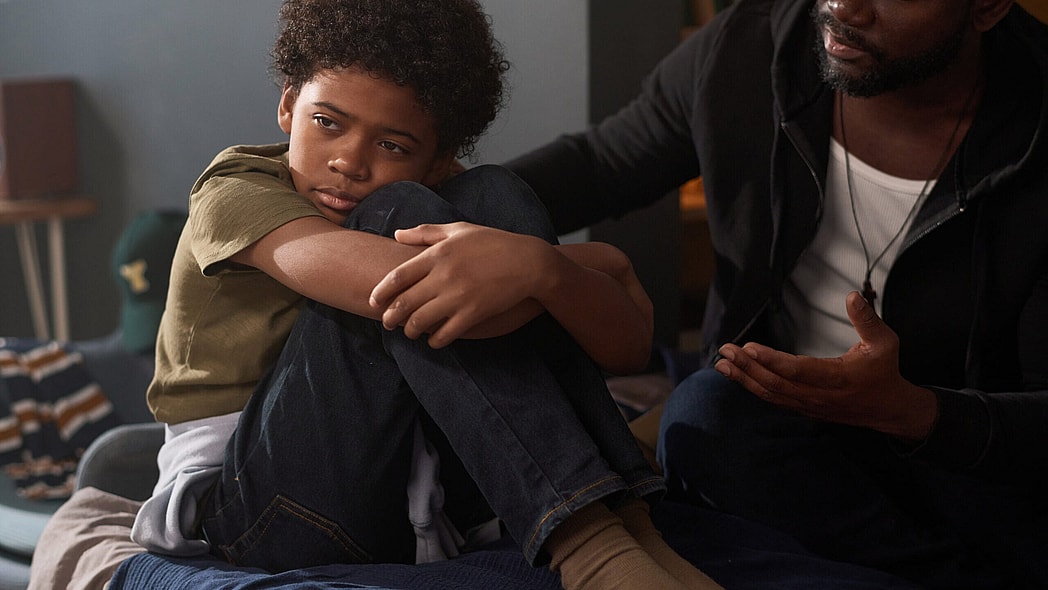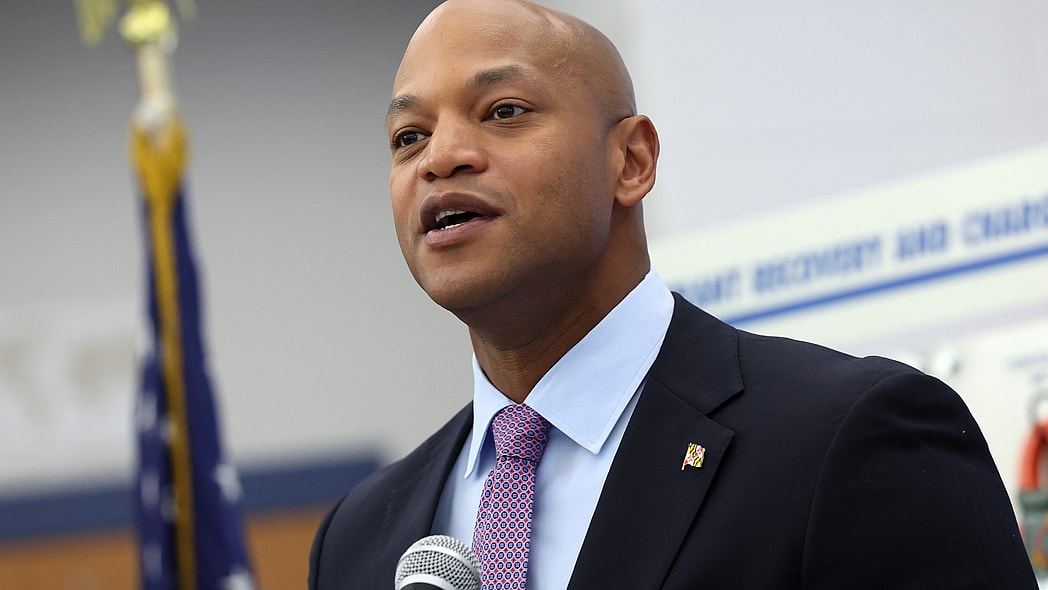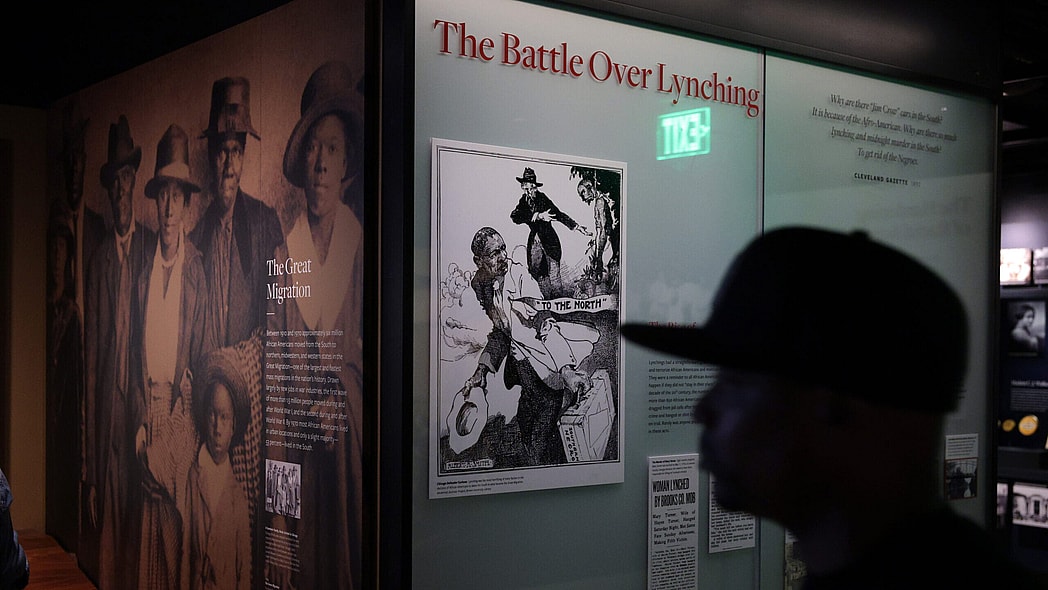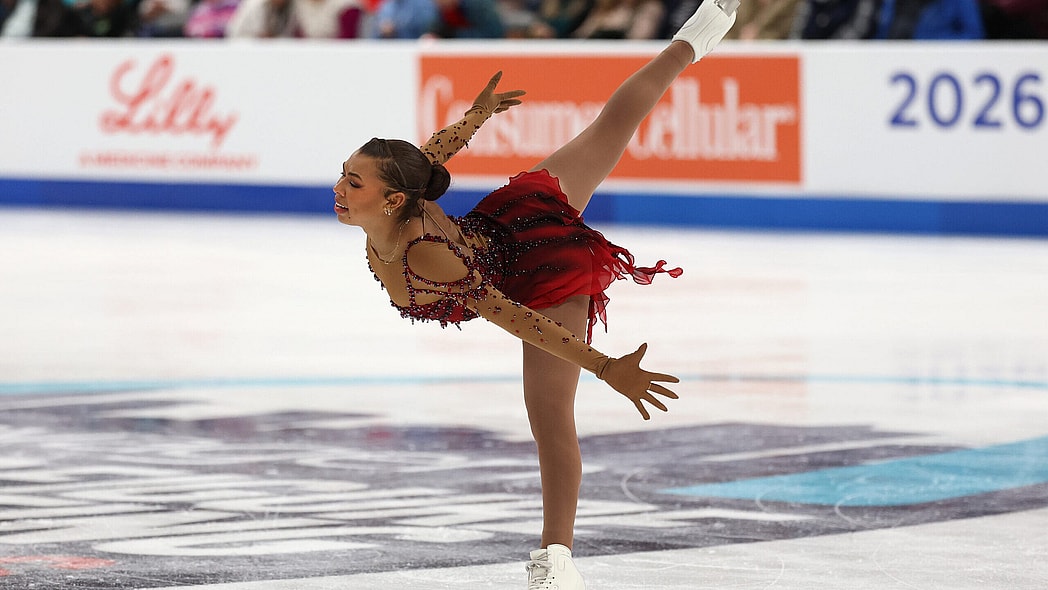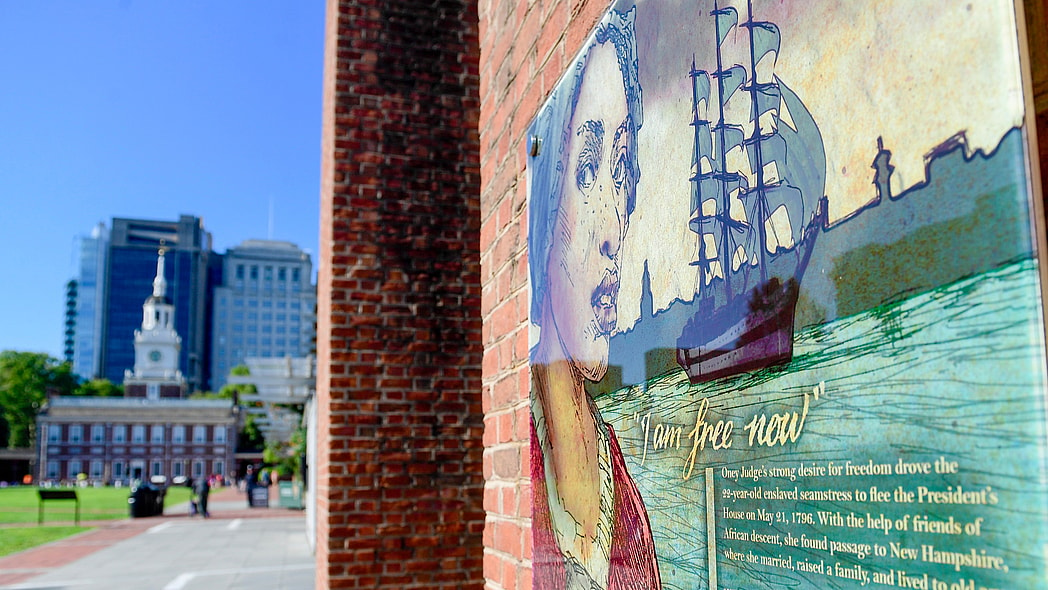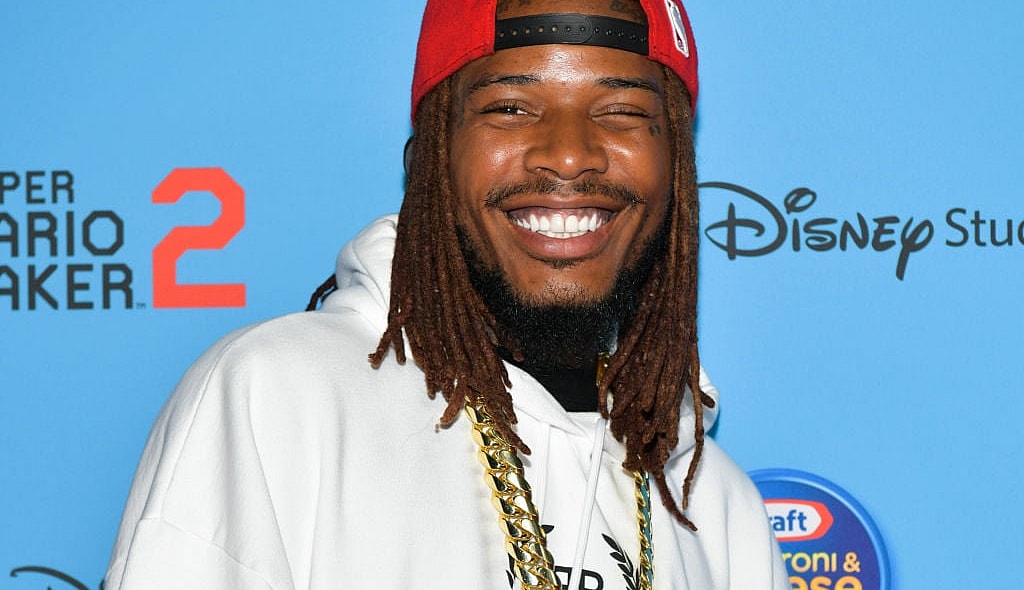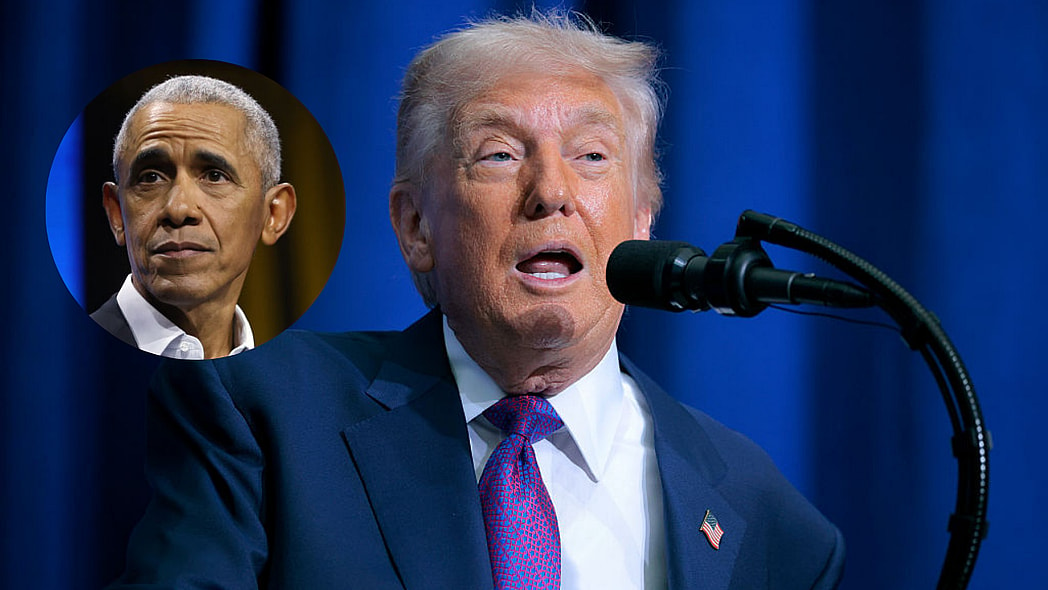As Kamala Harris awaits her fate as to whether she will become America’s first female and Black female president, the vice president leads a long list of Black women who will be on the ballot in large numbers nationwide this general election.
Beyond Harris’ run for president, scores of Black women are running for office, including U.S. Senate candidates Lisa Blunt Rochester in Delaware and Angela Alsobrooks in Maryland.
According to Higher Heights for America, over 600 Black women will be on the ballot in Tuesday’s general election.
Glynda Carr, co-founder and president of Higher Heights Leadership Fund, said this historic moment of Black women up and down the ballot has been “ten years in the making.”
Since 2014, when Higher Heights and the Center for American Women in Politics officially tracked the status of Black women in politics, there have been “incremental gains of Black women.”
Statistics from 2014 show “just 18 Black women were serving in Congress. We now have 31,” emphasized Carr.
In 2016, Kamala Harris was elected to the U.S. Senate, and Lisa Blunt Rochester was elected to the House of Representatives. Now, Angela Alsobrooks and Blunt Rochester, along with Harris, have created what women advocates call a “pipeline” for other Black women to run.
If both Blunt Rochester and Alsobrooks are elected in their respective Senate races, it will mark the first time in history that more than one Black woman has served at the same time in the upper chamber of Congress.

Carr believes the first Black woman election night winner announced Tuesday night will be Blunt Rochester in Delaware. Polls indicate Blunt Rochester, a current Democratic member of the U.S. House of Representatives, leads her Republican opponent by more than 20%.
As the possibilities of history in this election are being considered, one must also remember the legacy of former U.S. Congresswoman Shirley Chisholm, the first Black woman to run for president in 1972. Chisholm predicted that women and minorities would find a smoother path in politics “because I helped pave it.”
In 1974, while at the University of Missouri-Kansas City, Chisholm said, “Black women have a duty to move from the periphery of organized political activity into its main arena.”
Karen Boykin-Towns, vice chair of the NAACP National Board of Directors, told theGrio, “The rise of Black women on national tickets and in various political roles is incredibly significant. This is our time!”
Boykin-Towns specifically points out that, historically, Black women have been the backbone of many social and political movements, and their perspectives are invaluable in shaping policies that aim to create equity and justice for all.
“For the first time, we’re seeing Black women in places where they can influence decisions on critical issues like health care, economic reform, criminal justice, and voting rights,” said Boykin-Towns, the highest-ranking Black woman in the leadership at the NAACP. “This visibility not only inspires future generations but also challenges old barriers in politics, showing that diverse voices are essential for a robust democracy.”


